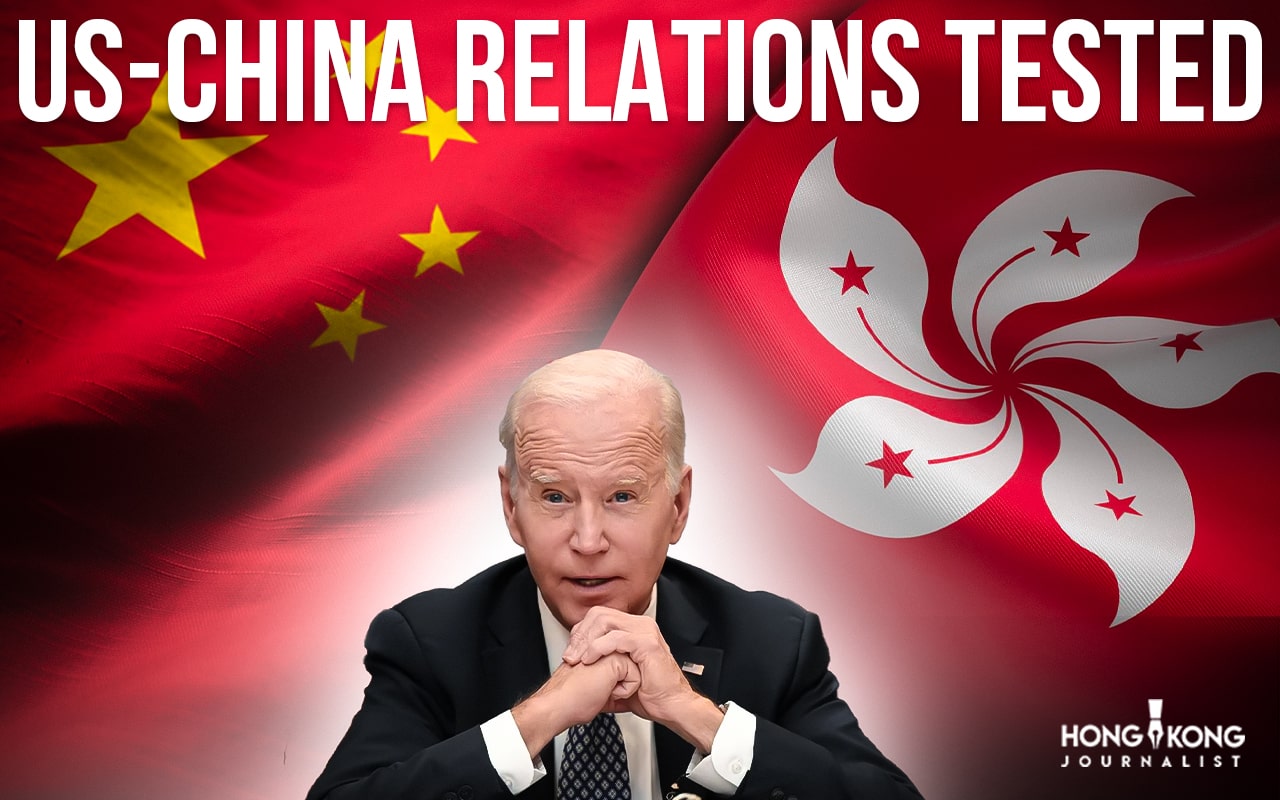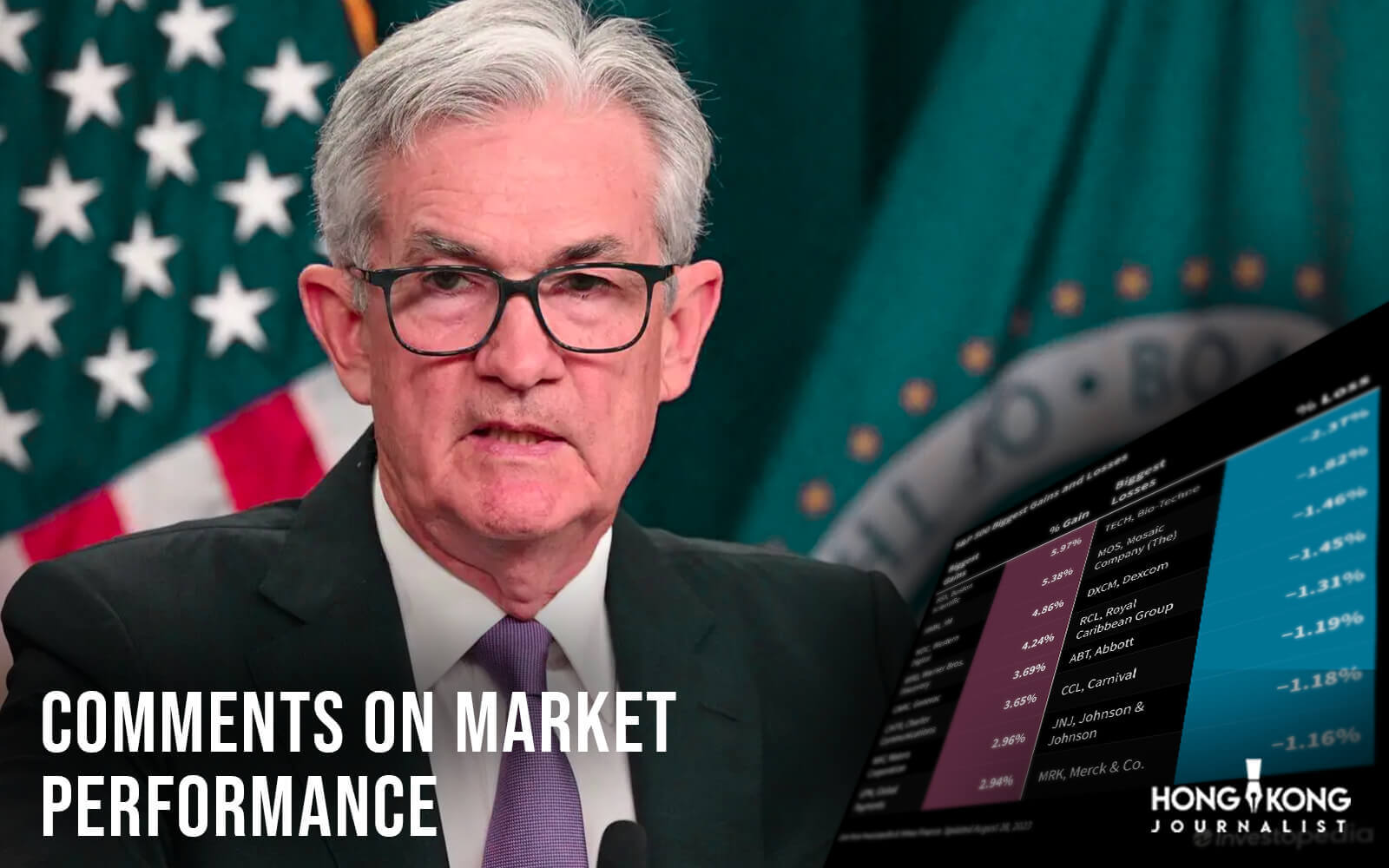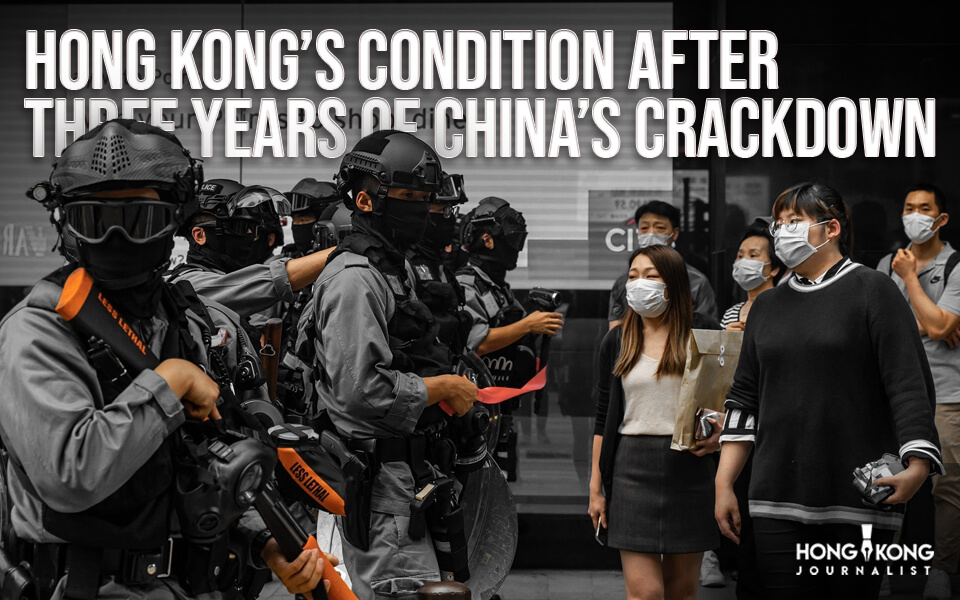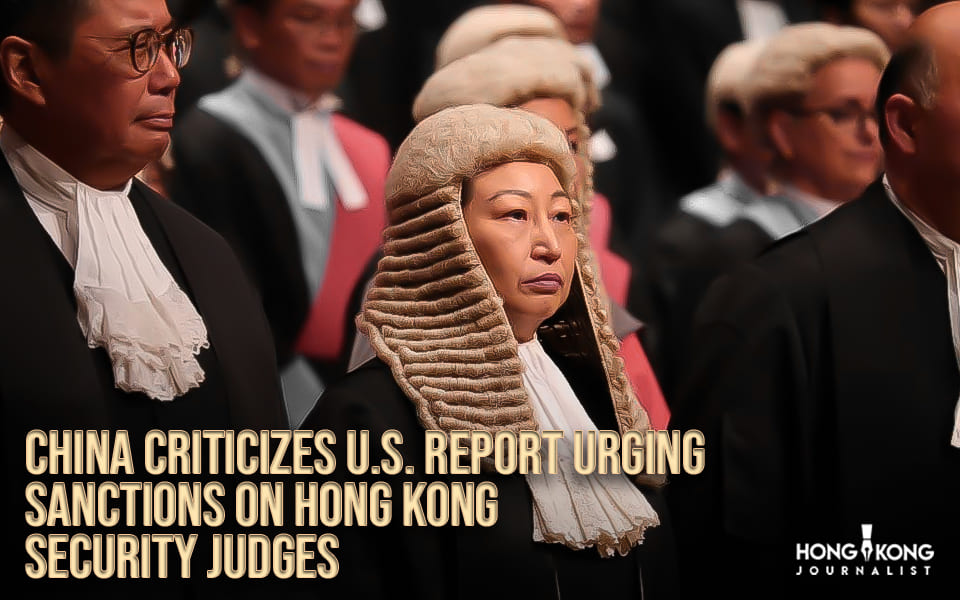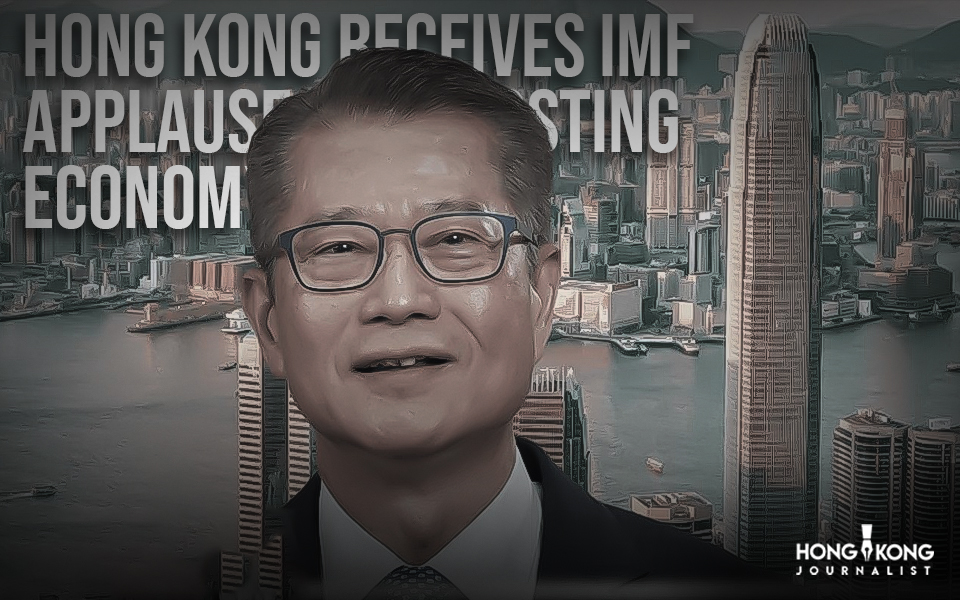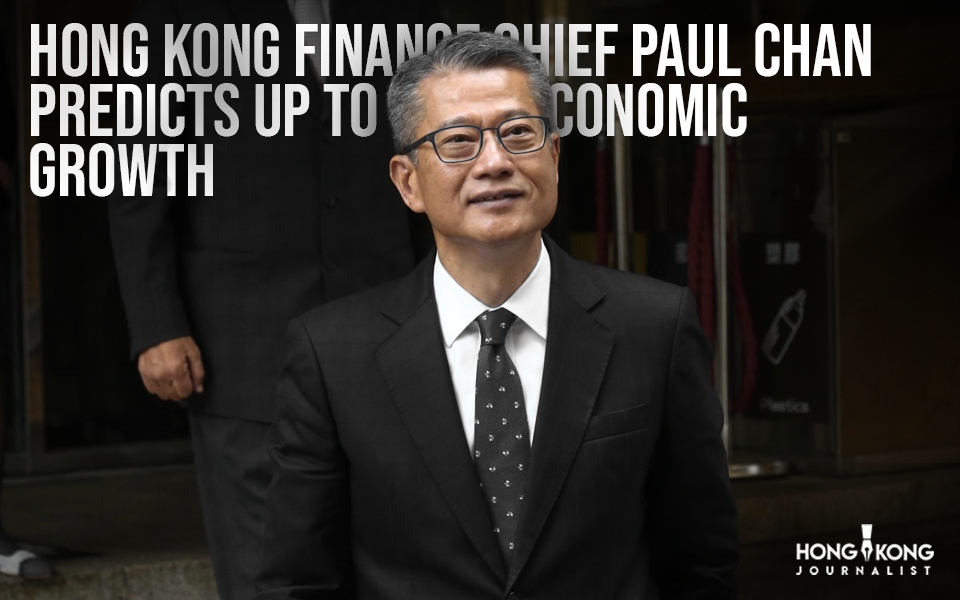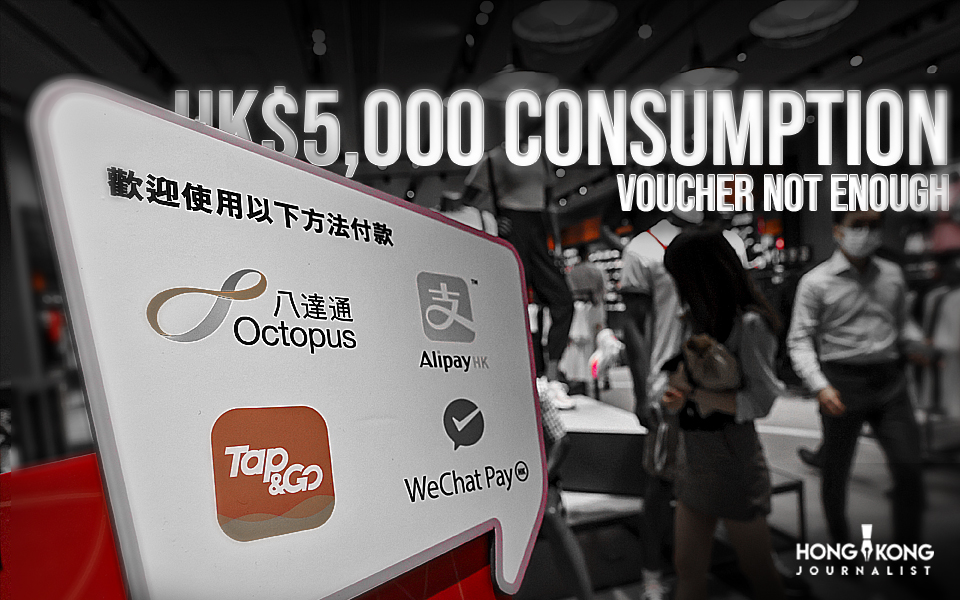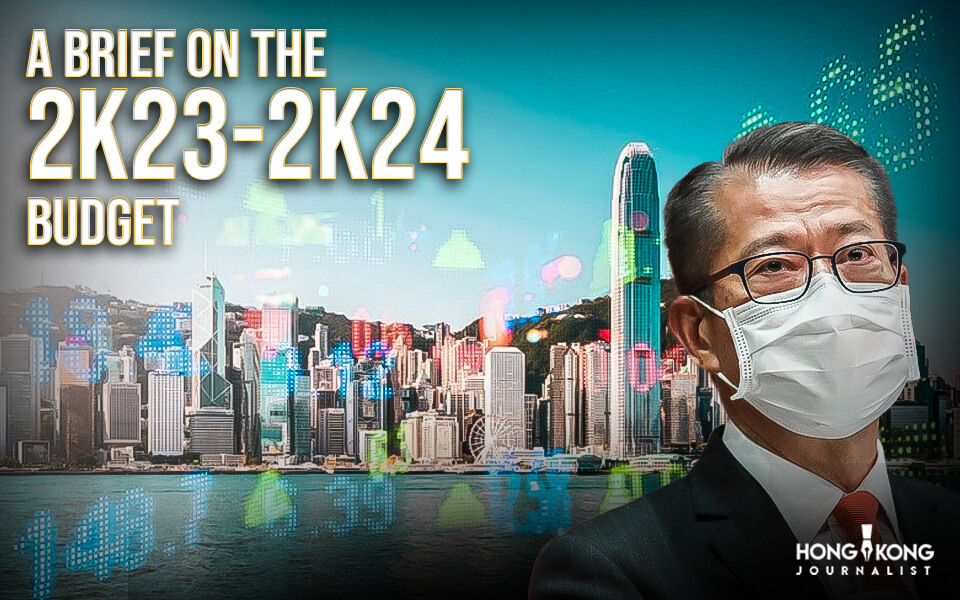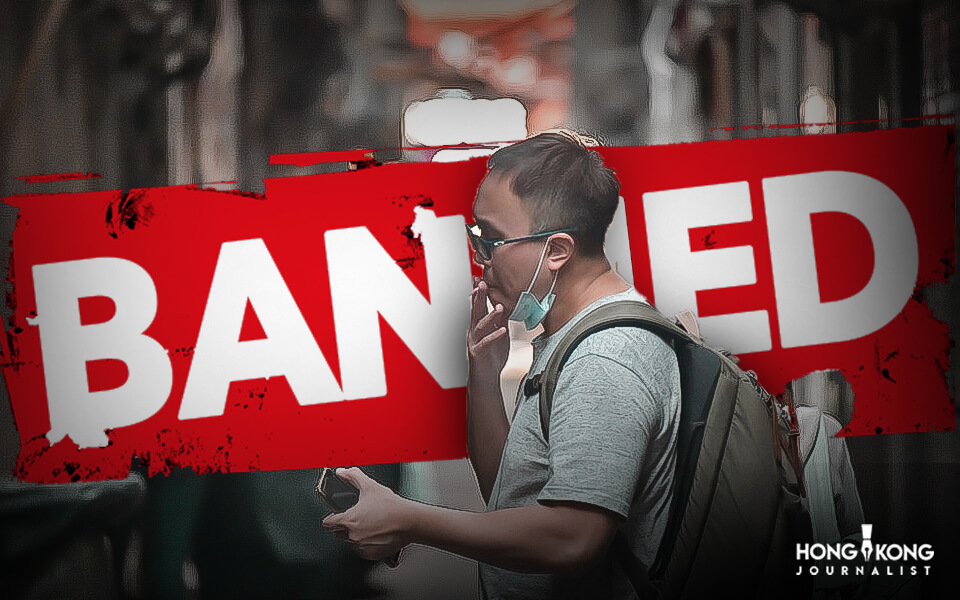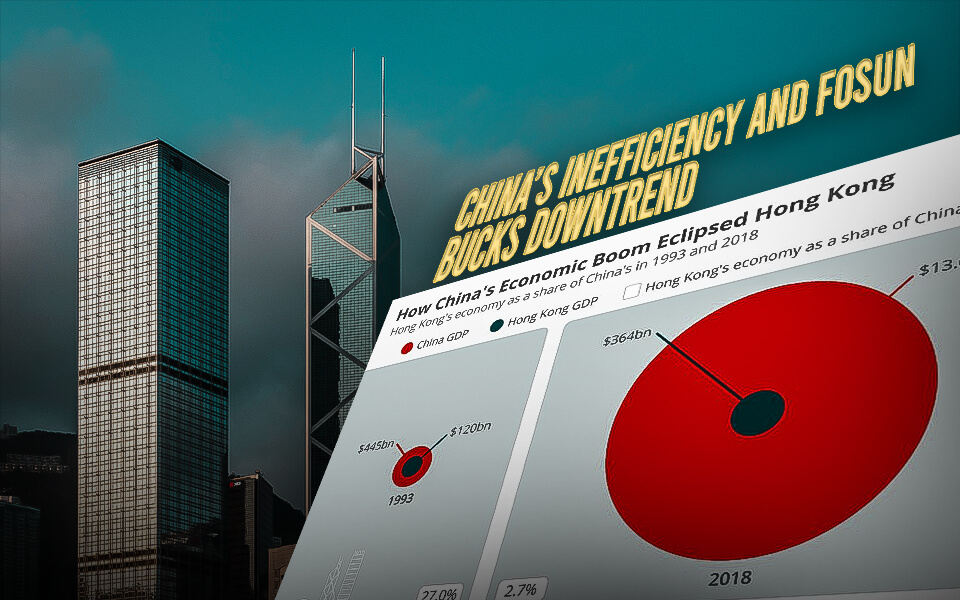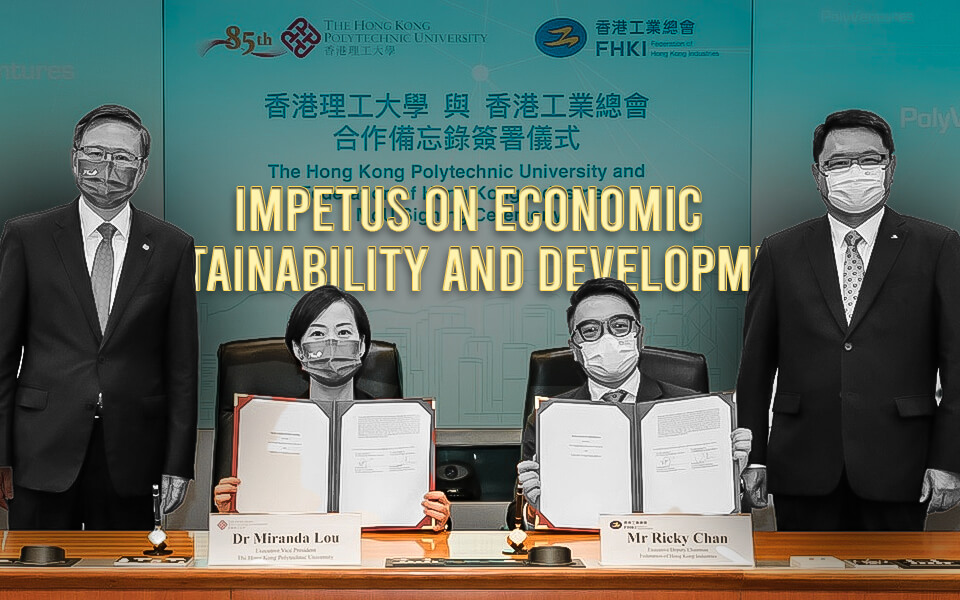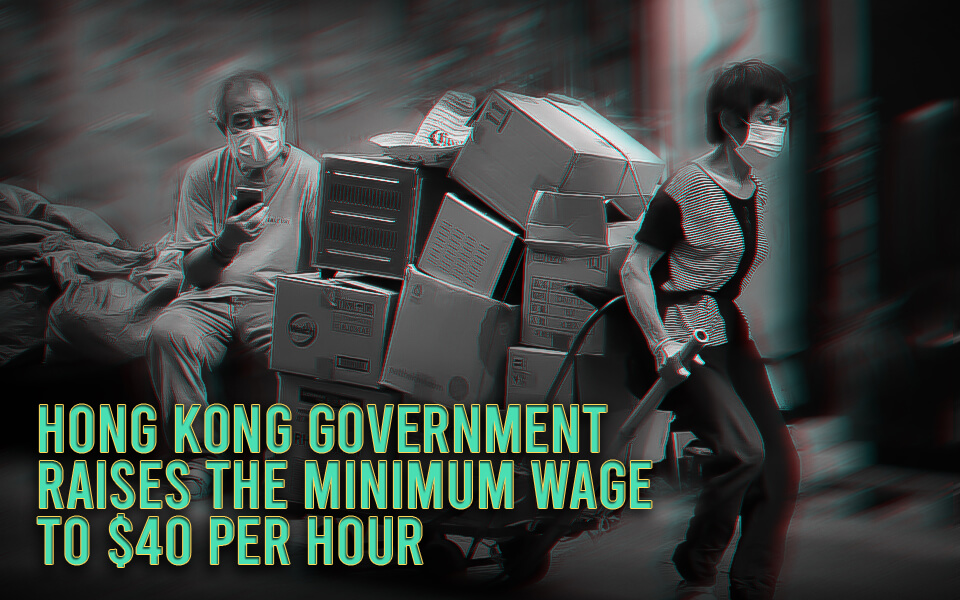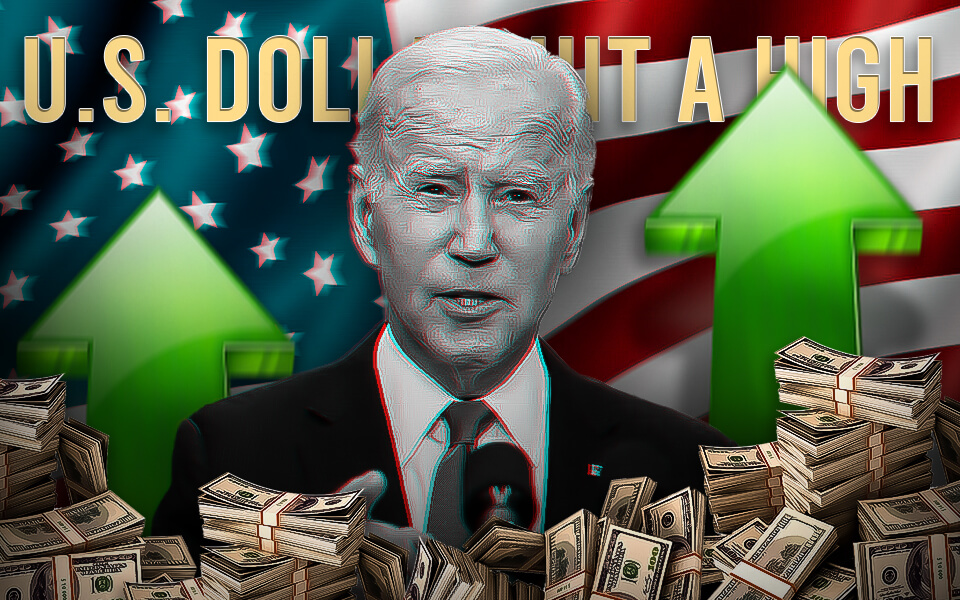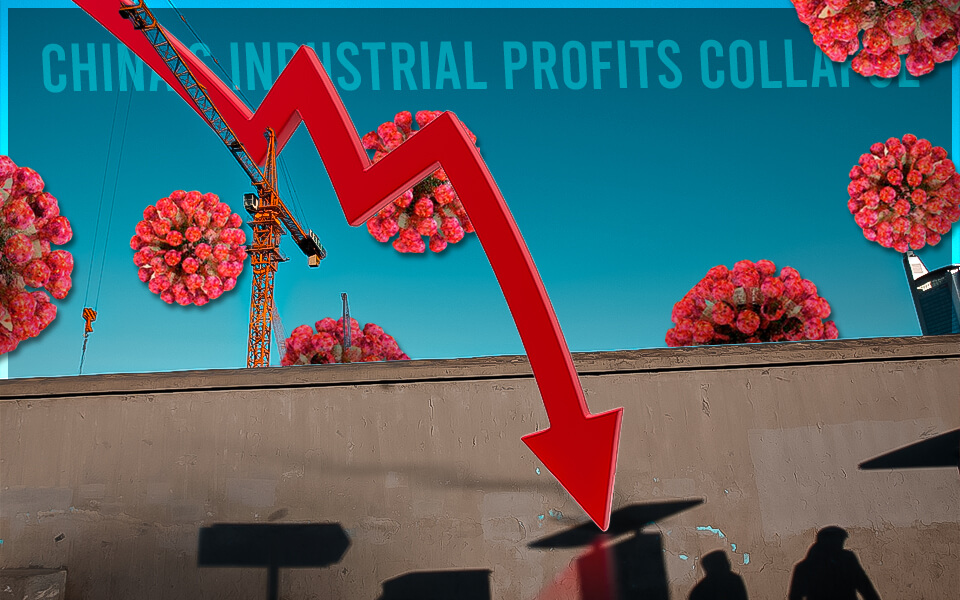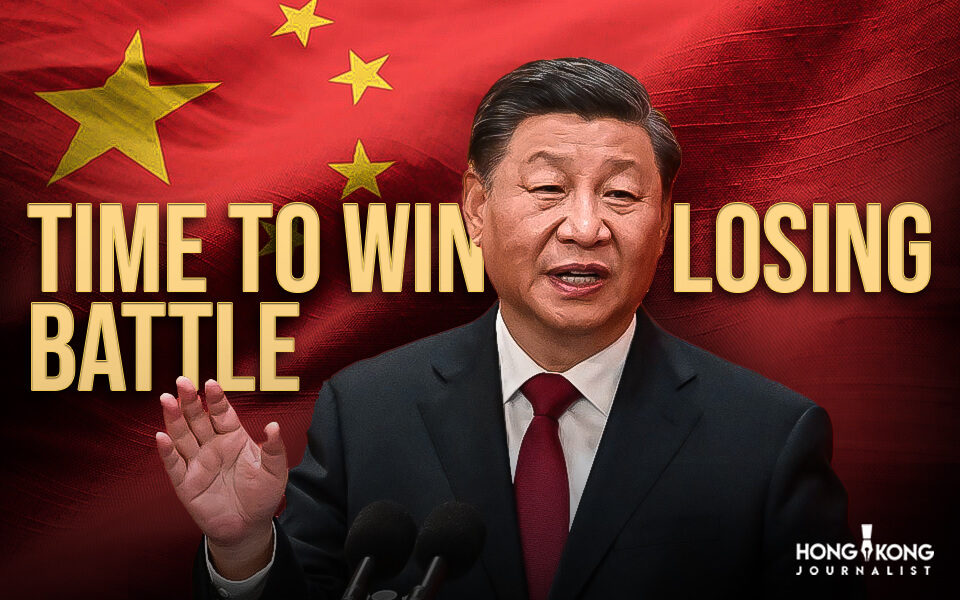
The previous three years were dramatically disastrous for China on a global stage but now China is trying to come back to win back the lost ground and is trying to harden its public stance to showcase its superpower to its rival country US.
Qin Gang, Beijing’s new foreign minister, on Tuesday, declared that “China’s diplomacy has pressed the ‘accelerator button,’” citing the country’s recovery from the pandemic and its resumption of international exchanges.
That outreach will be boosted by a 12.2% increase in the Chinese government’s budget for diplomatic expenditure this year. It’s a drastic jump from the zero-Covid era that saw China’s borders mostly shut: In 2020, China slashed its diplomacy budget by 11.8%, before a mild 2.4% increase in 2022.
This year’s budget, pegged at 54.84 billion yuan (about $8 billion), remains below the pre-pandemic peak. Still, experts say it marks a significant increase for China to resume and expand its diplomatic engagement with the world. In comparison, in the US, the requested 2023 budget for “international affairs” listed on the State Department’s website was $67 billion.
This money will not be just used for diplomatic trips. According to China’s Ministry of Finance, the blanket term “diplomatic expenditure” covers a wide range of areas such as budgets for the Foreign Ministry, Chinese embassies, and consulates, it will decide China’s participation in the international market, foreign aid, and external propaganda.
Alfred Wu, an associate professor at the Lee Kuan Yew School of Public Policy at the National University of Singapore, noted that China is likely to increase its spending on propaganda efforts targeting foreign audiences to service Beijing’s diplomatic interests – including and through sources like Chinese social media apps.
“For example, they try to extend influence in different countries, such as Singapore and Malaysia, through WeChat, targeting those who speak the Chinese language,” Wu said.
Experts questioned Xi Jinping’s signature on the overseas development initiative ‘the Belt and Road’. It caused an increase in debt stress and repayment issues also arose.
“Even if the interest and principal repayment is suspended, it still creates a large hole,” said Yun Sun, director of the China Program at the Washington-based Stimson Center think tank. She further adds, “That usually means more diplomatic expenditures such as aid and gift packages.”
China is now planning to host the third Belt and Road after the pandemic for the international corporation forum. It will also host a meeting between Xi and five other Asian countries.
“China wishes to catch up and do more to make up for the lost time and opportunities,” Sun said. The COVID impact has badly knocked down China’s relationship with developed countries and there is a lot to catch up on now.
Global surveys by the Pew Research Center have shown that public opinion toward China in advanced economies has turned “precipitously more negative” since 2017, due to concerns about Beijing’s human rights record and military buildup in the South China Sea, with the most dramatic declines between 2019 and 2020.
China towards the US
China is coming up with a forceful approach to fulfill its endeavor toward the US- ideology from the top authorities in China’s leadership.
“Western countries led by the United States have contained and suppressed us in an all-round way, which has brought unprecedented severe challenges to our development,” Xi told a group of government advisers representing private businesses on the sidelines of an annual legislative meeting in Beijing.
Xi’s blunt rebuke of US policy was echoed Tuesday by Qin, the foreign minister, who said US competition with China is in fact all about “containment and suppression” and “a zero-sum game of life and death.”
“If the United States does not hit the brakes, but continues to speed down the wrong path, no amount of guardrails can prevent derailing, and there will surely be conflict and confrontation,” Qin warned.
“It sure feels like the (Chinese) side has decided to level up in responding much more forcefully to what it sees as unfair US accusations and actions,” wrote Bill Bishop, author of the Sinocism newsletter.
According to a Gallup poll released Tuesday, a record-low 15% of Americans view China favorably in 2023, a 5% fall from last year and a 38% decrease since 2018. More than eight in 10 US adults now hold a negative opinion of China, the poll said.
“Expect US-China to get worse faster,” Bishop wrote. “I fear we are entering into a much more dangerous period in US-China relations.”
- Published By Team Hongkong Journalist

